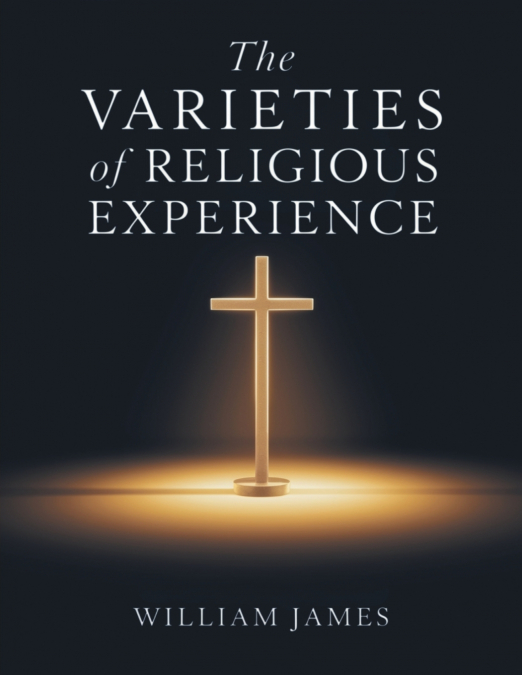
William James
A Landmark Exploration of SpiritualityWilliam James’s The Varieties of Religious Experience is a groundbreaking analysis of human spirituality and the diversity of religious life. Originally delivered as the Gifford Lectures in 1901-1902, this influential work examines religion from a psychological perspective, offering profound insights into the nature of belief, mysticism, and spiritual experiences. Core Themes Explored: Individual Religious Experiences: James investigates the deeply personal nature of spirituality, focusing on conversion, mysticism, and the sense of divine presence. Religion as a Psychological Phenomenon: Explores how religious experiences arise from the mind, highlighting their emotional and cognitive dimensions. The Practical Effects of Faith: Discusses how religion impacts individual lives and societal behavior, emphasizing its transformative potential. Diversity of Belief Systems: Analyzes different faith traditions, illustrating the universal elements of religious experiences. Why Read William James? A Classic in Philosophy and Psychology: This work bridges philosophy, psychology, and theology, offering a multidisciplinary approach to understanding religion. Timeless Insights: James’s observations remain relevant for understanding modern spirituality and the human search for meaning. Universal Appeal: Written with clarity and empathy, the book resonates with believers, skeptics, and scholars alike. A Timeless MasterpieceThe Varieties of Religious Experience continues to inspire readers with its profound exploration of faith and human consciousness. Whether you are a student of philosophy, psychology, or religion, this work offers valuable insights into the spiritual dimension of human life.